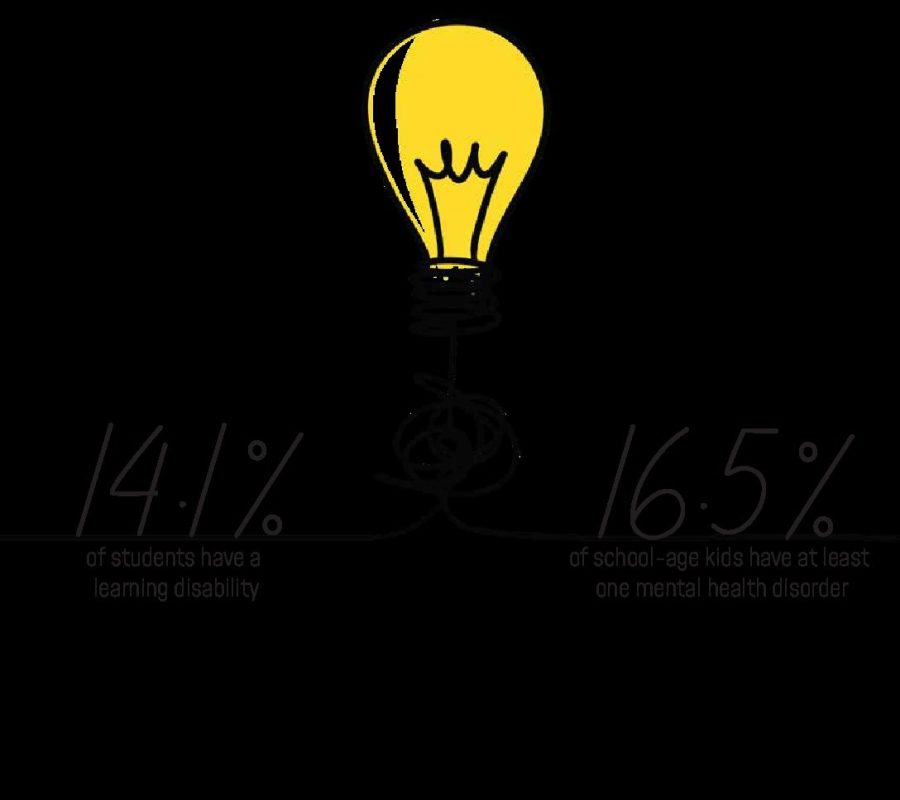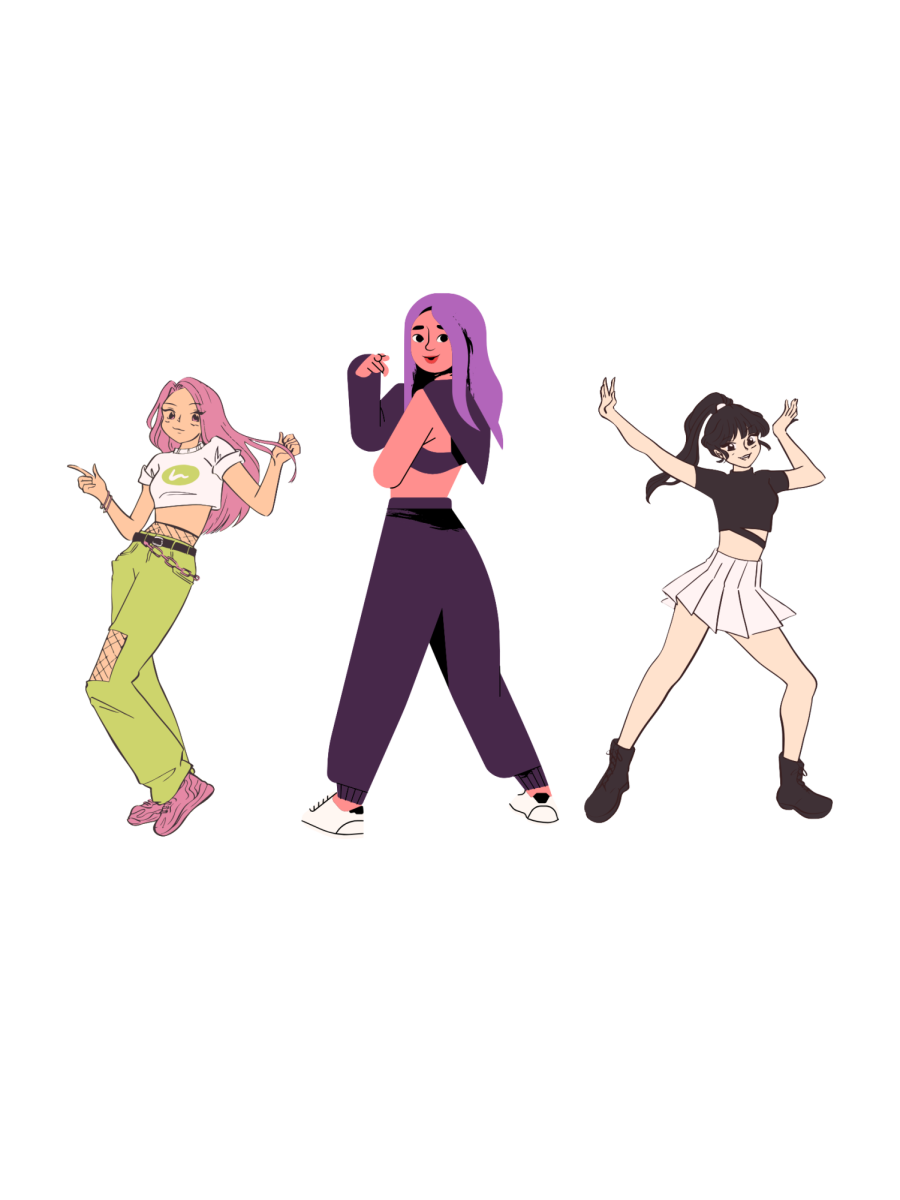March 2020 is remembered as a chaotic, confusing and stressful time for pretty much everyone alive. In-person events were suddenly switched to online, companies had to quickly develop plans on how to conduct business virtually, and schools had to figure out an alternative to in-person education, since over 1.2 billion children were now expected to learn from home.
Although Trinity is no longer fully online as it was in the second semester of 2020, for the health and safety for both students and staff, it still operates virtually after long breaks and sends students who have been contact-traced to do school remotely. While students’ time online is usually brief, it can be very difficult for some students, especially those with learning disabilities and mental illness.
Sophomore Eleanor Henderson, who is diagnosed with ADHD and anxiety, is one of the many students who struggle to focus while learning virtually.
“I usually ended up zoning out, because without having a work environment, it’s a lot harder for me to focus,” Henderson said.
A paper co-written by Michael S. Kofoed and other authors titled “Zooming to Class?: Experimental Evidence on College Students’ Online Learning during COVID-19” explores the correlation between learning online and academic success. Their work confirms that students who are attending classes virtually often experience difficulty concentrating on the material and feel isolated from their peers and course instructors.
According to the US Department of Education, 14.1% of students ages 3-21 are recorded as having a learning disability. A study done by the National Survey for Children’s Health, shows that 16.5% of school-age kids have at least one mental health disorder. These are students who benefit from structure and community, both of which are often lacking in online education programs.
Sarah Hill, who teaches Upper School Academic Support, agrees that being off campus can cause students to feel isolated because they lack in-person connection with peers. She also says that some of the resources that Trinity’s campus provides are difficult to replicate for online students.
“I do think it is better for the students to be in-person because they have more access to resources on campus like study period after school and being able to talk to a teacher during lunch or break,” Hill said.
Henderson said that getting good grades was much harder for her during her time online, both because of the difficulty of focusing and the inability to directly ask and use the on-campus resources.
“I can’t ask [teachers] questions and stuff like that, because I can’t unmute which makes it a lot harder,” Henderson said.
The lack of an academic environment isn’t the only challenge; when at home, in your bedroom or at your kitchen table, it can be easy to be distracted because it doesn’t feel like you’re at school.
“It’s all easier when I have a real work environment that allows me to focus, because when I’m at school, my brain goes into school mode,” Henderson said. “But when I’m working at home, [my brain] is like, ‘let’s not do any work at all.’”
Henderson also said that learning virtually worsened her mental health.
“The stress of being online and not having a regular routine just made everything so much worse,” Henderson said.
















